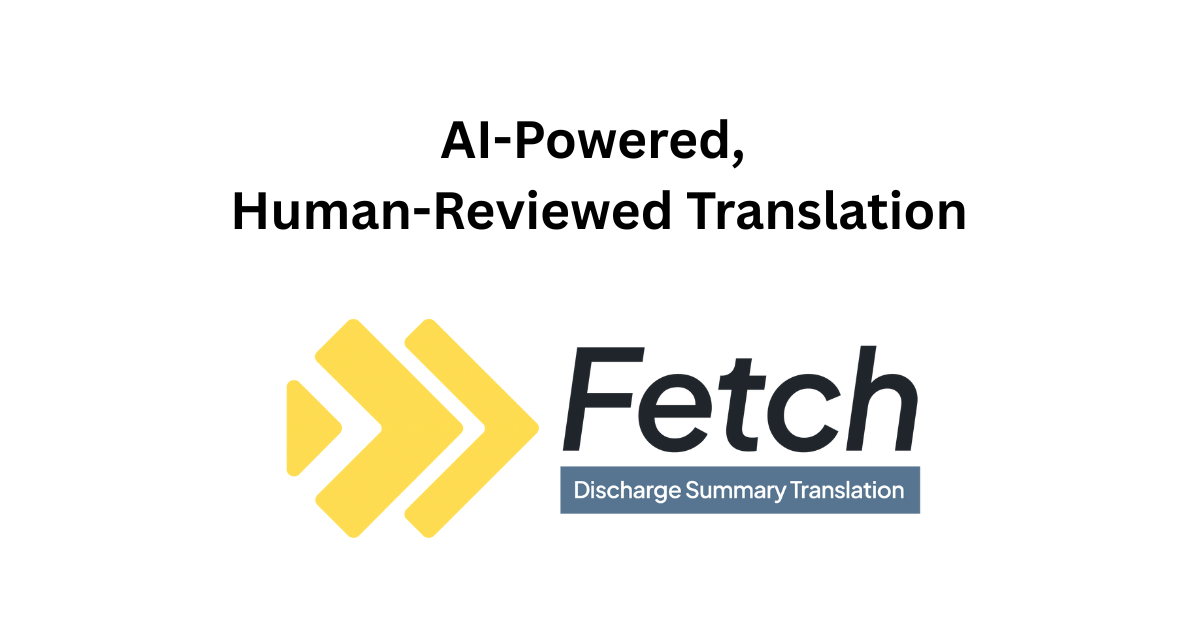Effective communication in healthcare settings can mean the difference between life and death, making professional medical interpreter training essential.
Why is Medical Interpreter Training Essential?
Medical interpreter training is vital because it ensures interpreters have the skills and knowledge necessary to facilitate accurate and effective communication between healthcare providers and patients. Training should cover medical terminology, cultural competence, and ethical standards, all of which are crucial for providing high-quality patient care. The Virginia Institute of Interpreting (V.I.I.) is a great option for online, self-paced interpreting courses. We offer uniquely created content and a guided learning process so that you can study in the convenience of your home all while maintaining your current schedule.
Without proper training, interpreters may miscommunicate medical information, leading to potential misunderstandings, misdiagnoses, and even life-threatening situations. So comprehensive training is necessary not only for the communication with the patient, but vital for healthcare facilities to avoid costly errors. Interpreter training and fluency testing help maintain a professional and competent interpreter staff.
How Does Fluency Impact Patient Care?
What is Fluency exactly? Fluency in interpreting refers to the ability to read text with accuracy, automaticity, and appropriate expression at a conversational rate.
Interpreter fluency directly impacts patient care by ensuring that healthcare providers and patients understand each other clearly. Fluency in both the source and target languages allow interpreters to convey medical instructions, patient symptoms, and other critical information accurately.
Fluency also helps build trust. Trust between patients and healthcare providers makes a big difference when it comes to treatment. When patients know their interpreter truly understands them, they're more likely to feel at ease, share important details, and follow advice.
What Are the Key Components of Effective Medical Interpreter Training?
Effective medical interpreter training includes several key components:
- Language proficiency
- Medical terminology
- Cultural competence
- Ethical standards
Training programs should also cover interpreting techniques, role-playing scenarios, and continuous assessments to ensure interpreters are well-prepared for real-world situations.
It doesn't end after the first training. Ongoing education and professional development opportunities are essential to keep interpreters updated on the latest medical advancements and industry practices. This approach helps interpreters provide accurate and empathetic communication in healthcare settings at all times.
How Can V.I.I. Help?
V.I.I. offers specialized training programs designed to enhance the skills and knowledge of medical interpreters, to prepare them for testing. Take a look at our courses here. Our medical and health care courses cover essential topics such as medical terminology, cultural competence, and ethical standards, ensuring interpreters are well-prepared for the demands of healthcare settings.
In addition to our training programs, the Virginia Institute of Interpreters offers fluency tests and ongoing learning opportunities, so interpreters can keep building their skills and stay up to date with changes in the field. Working with the Virginia Institute of Interpreters helps healthcare providers feel confident that their interpreters have the knowledge and understanding needed for excellent patient care.

 >
>
 >
>
 >
>
 >
>
 >
>
 >
>